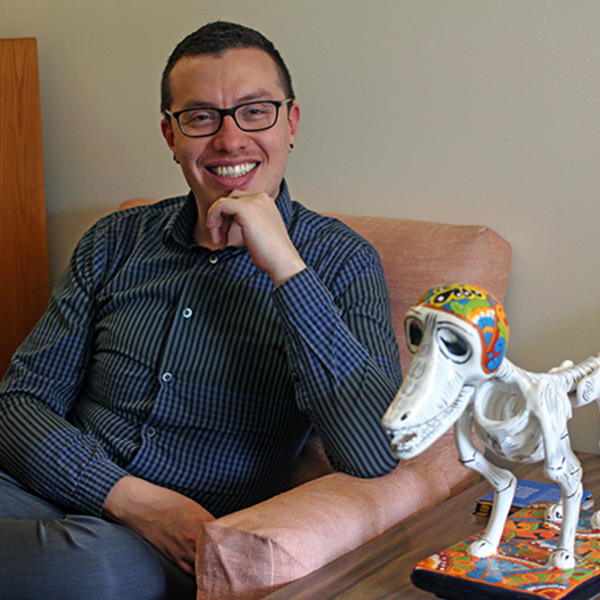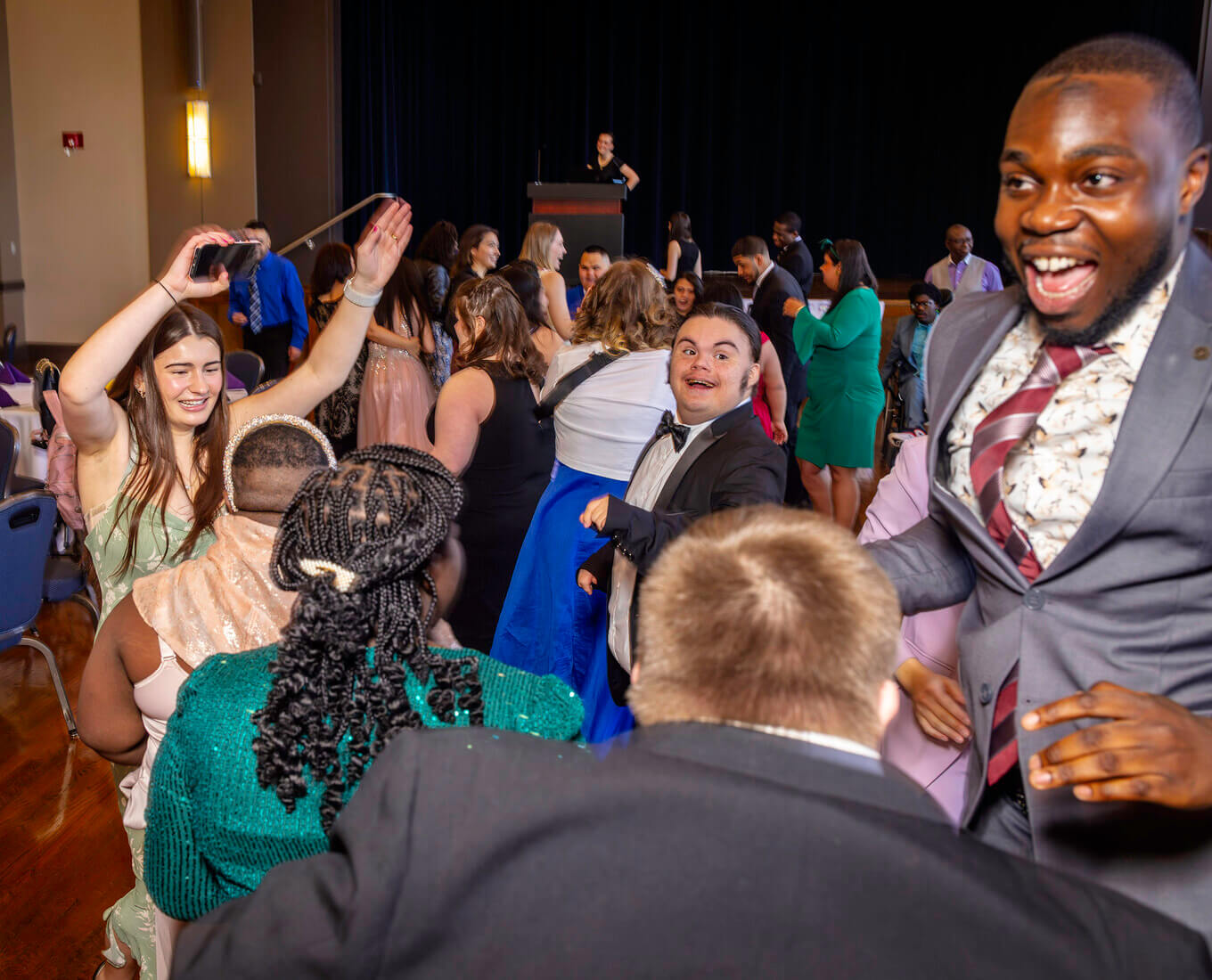Recent studies analyzing the role played by race in influencing response to cosmetic surgery have yielded controversial results, notably that the race, of both patients and observers, appears to impact the perceived attractiveness of rhinoplasty patients.
Alvaro Jarrin, assistant professor of anthropology at the College of the Holy Cross, was recently asked to weigh in on this phenomenon by the Australian science magazine, Cosmos.
One study suggests that observers perceive patients that have undertaken a rhinoplasty procedure as "appearing more attractive, healthier, and more successful." But could it be that the influential factor in observed attractiveness may be the "other-race effect": the psychological tendency for individuals to more easily recognize and display preferential attention to faces of their own race?
Jarrin disagrees with this premise, pointing to the undeniable intersection between race and class. "Rhinoplasty is closely associated with upward mobility precisely because it whitens those who receive it. People imagine it will consolidate their financial gains or that it will provide more job opportunities and help in the marriage market as well," said Jarrin.
Jarrin, whose extensive research on the impact of Brazilian medical practices on black women culminated in the publication of the book "The Biopolitics of Beauty: Cosmetic Citizenship and Affective Capital in Brazil," concluded that "Beauty is about social power in Latin America, and cannot be divorced from the history of racism in the region."
To read the full article, go to CosmosMagazine.com.
Holy Cross Professor's Cultural Anthropology Research Highlighted in Australian Science Magazine

Cosmos Magazine
Read Time
1 Minute


